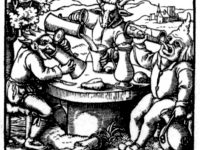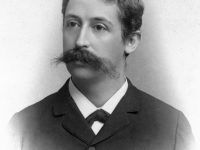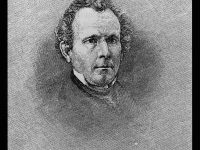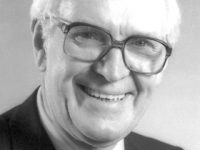E. Morton Jellinek and the Causes of Alcoholism
On August 15, 1890, American biostatistician and physiologist E. Morton Jellinek was born. Jellinek was a pioneer in the scientific study of the nature and causes of alcoholism and in descriptions of its symptomatology. He was an early proponent of the disease theory of alcoholism, arguing with great persuasiveness that alcoholics should be treated as sick people. Youth and Education Born in New York City, USA, Jellinek studied biostatistics and physiology at…
Read more











